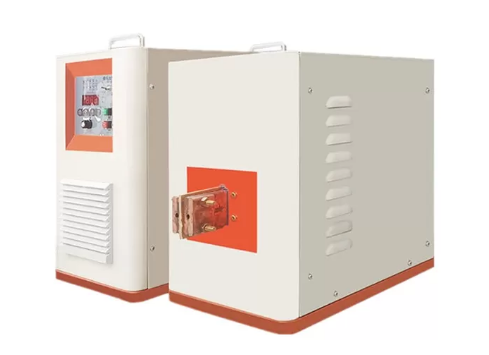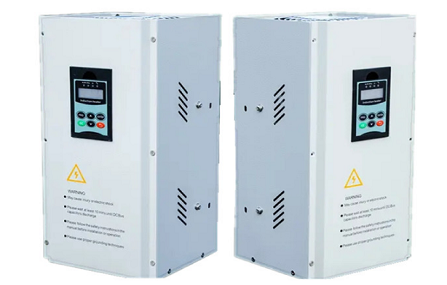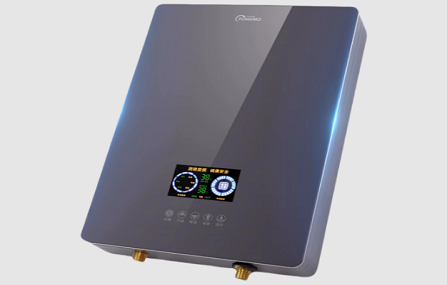Introduction:
Induction heat treatment processes are fundamental techniques applied across various industries to modify the properties of metals through controlled heating and cooling cycles. Leveraging the power of induction heating machines, these processes offer precise control over temperature and heating patterns, allowing for enhanced material properties and performance.
What is Induction Heat Treatment?
Induction heat treatment refers to a controlled heating process that alters the physical and sometimes chemical properties of metals. Utilizing electromagnetic induction, this technique selectively heats metal components, leading to desired transformations such as hardening, tempering, annealing, or brazing. The heart of this process lies in induction heating machines, which generate high-frequency alternating currents, inducing a strong electric current within the metal workpiece.

Answering the question "What are the induction heat treatment processes with an induction heating machine?" requires an understanding of the diverse methods utilized in metallurgy and manufacturing. Induction heat treatment encompasses several crucial processes, each tailored to achieve specific material characteristics and functionalities. These processes include but are not limited to:
1. Induction Hardening: Involving targeted heating of specific metal areas, like gears, shafts, or bearings, induction hardening subjects them to high temperatures followed by rapid quenching. The resultant rapid cooling fosters heightened surface hardness and wear resistance while ensuring the core retains its toughness. This process significantly extends the lifespan of components subjected to heavy wear and stress.
2. Induction Annealing: Aimed at enhancing ductility and reducing hardness, induction annealing employs precise heating and controlled cooling cycles. By relieving internal stresses and refining the metal's microstructure, this process optimizes machinability, facilitating easier shaping and forming of metals in subsequent manufacturing processes.
3. Induction Tempering: Induction tempering targets the reduction of brittleness in hardened steel. By reheating the metal to specific temperatures and subsequently cooling it, this process enables the adjustment of mechanical properties while preserving inherent strength. Induction heating machines facilitate accurate temperature control critical for achieving the desired material characteristics.
4. Induction Brazing and Soldering: These processes involve joining metals by melting a filler material without compromising the base metals. Induction heating machines provide precise and localized heating essential for controlled brazing or soldering. The efficiency of induction heating ensures strong, clean joints, vital in various manufacturing applications.
5. Case Hardening (Surface Hardening): This method entails heating the metal surface and then swiftly quenching it to establish a hardened outer layer while maintaining the core's toughness. Induction heating machines excel in providing rapid, uniform, and controlled heating for case hardening applications, enhancing the wear resistance and durability of critical components.
Applications of Induction Heat Treatment
The versatility of induction heat treatment processes has led to their widespread applications across various industries:
Automotive Industry: Induction hardening of engine parts, gears, and shafts for improved wear resistance.
Aerospace Industry: Induction brazing for joining delicate components with minimal distortion.
Construction Sector: Induction heat treatment of steel beams and components for increased strength and durability.
Advantages of Induction Heat Treatment
Precision: Enables localized and precise heating, minimizing distortion and energy wastage.
Efficiency: Rapid heating and cooling cycles enhance productivity and reduce processing time.
Consistency: Ensures uniform heating, leading to consistent quality across batches.
Environmental Friendliness: Minimizes energy consumption and emissions compared to conventional heating methods.
Conclusion
Induction heat treatment processes, facilitated by advanced induction heating machines, have revolutionized metalworking industries. From enhancing durability and wear resistance to improving material properties, these processes offer precise control and efficiency. Understanding the nuances of induction heat treatment empowers industries to optimize their manufacturing processes for superior-quality products.








